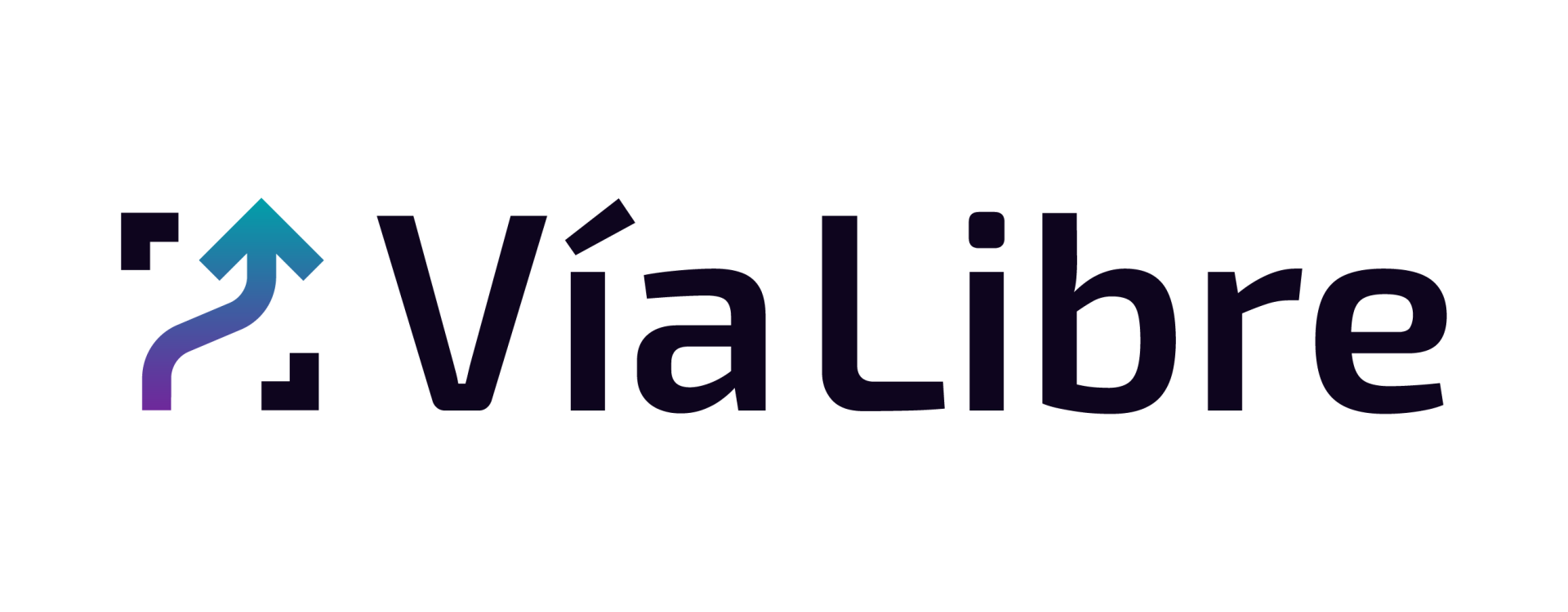Reports
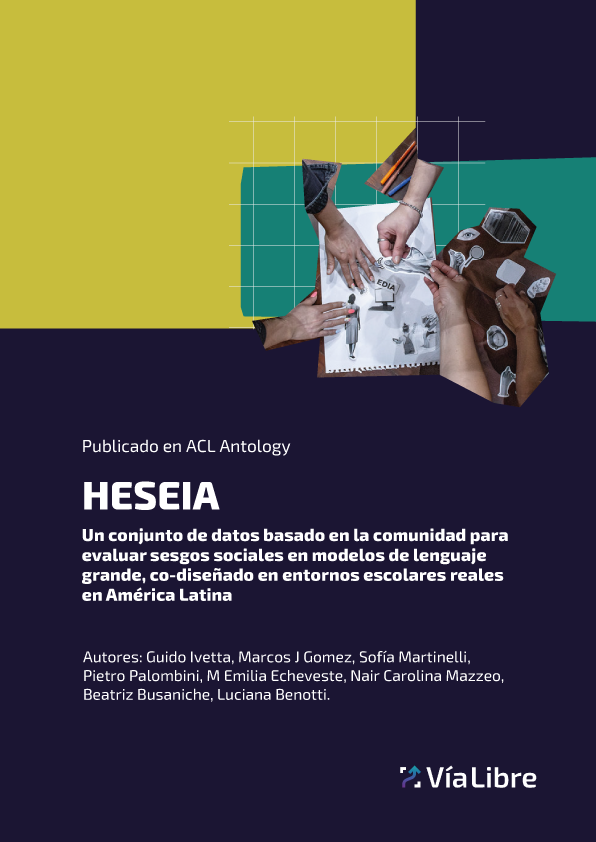
HESEIA: A community-based dataset for evaluating social biases in large language models, co-designed in real school settings in Latin America
Most resources for evaluating social biases in Large Language Models are developed without co-design from the communities affected by these biases, and rarely involve participatory approaches. We introduce HESEIA, a dataset of 46,499 sentences created in a professional development course.
The course involved 370 high-school teachers and 5,370 students from 189 Latin-American schools. Unlike existing benchmarks, HESEIA captures intersectional biases across multiple demographic axes and school subjects. It reflects local contexts through the lived experience and pedagogical expertise of educators. Teachers used minimal pairs to create sentences that express stereotypes relevant to their school subjects and communities. We show the dataset diversity in term of demographic axes represented and also in terms of the knowledge areas included. We demonstrate that the dataset contains more stereotypes unrecognized by current LLMs than previous datasets.
HESEIA is available to support bias assessments grounded in educational communities.

Personal data, secret purposes: new powers for the SIDE and the UIF
This document analyses Decree 274/2025, which expands the State’s powers to collect and share personal data within the framework of anti-money laundering and cybersecurity policies. It examines in particular the changes to the Financial Information Unit (UIF) and the relocation of cybersecurity policy within the SIDE, highlighting the risks this poses to privacy and fundamental rights. The analysis contrasts these modifications with Law 25,326 and international data protection standards, in a context already marked by regulatory gaps and a lack of controls. It is complemented by previous findings by the Fundación Vía Libre on the state’s processing of personal data.
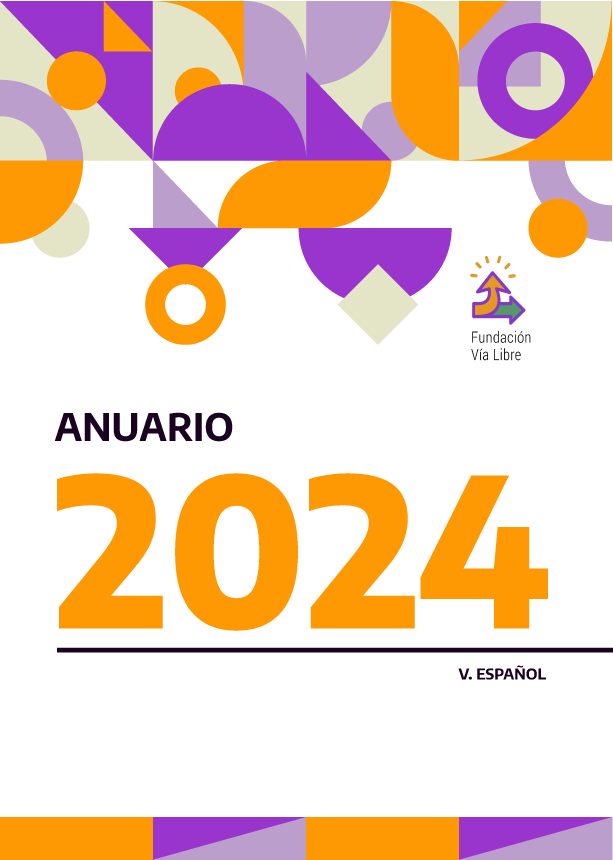
Yearbook 2024
Another year has come to an end with a long list of actions and projects at Fundación Vía Libre. As every year, it is overwhelming to summarise what has happened, but at the same time it allows us to visualise the immense capacity for action that the foundation has developed in recent years. None of this would be possible without a team of people who, day after day, put their heart and soul into devising more and better action strategies to build a fairer digital ecosystem.
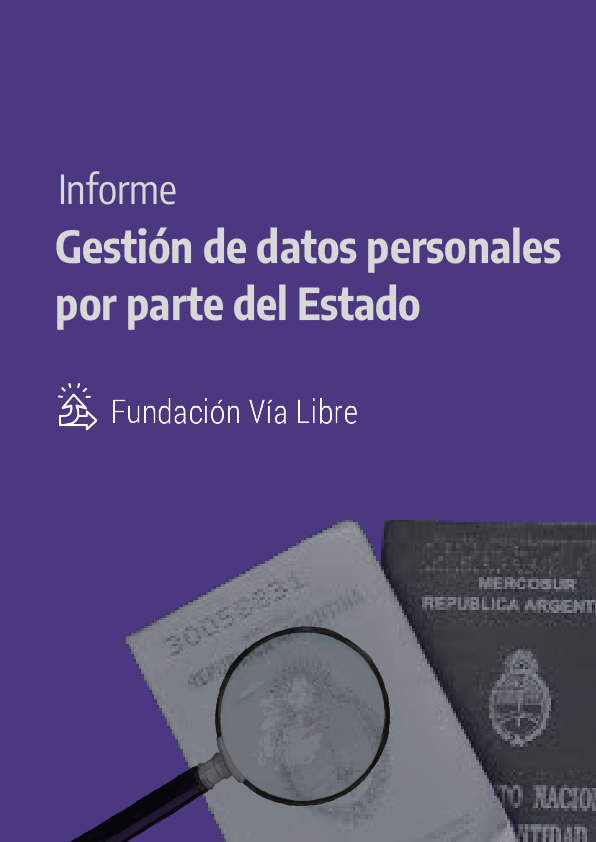
Personal data administration in the hands of the State
The State continuously collects and processes citizens’ data in order to carry out its functions. However, the information collected is increasingly sensitive and used for different purposes, which are constantly expanding and are, in many cases, intrusive.
The report addresses, from a historical and human rights perspective, the collection and management of personal data by the State in Argentina with the aim of identifying its uses over time, the regulatory framework and the reforms necessary to protect citizens’ privacy.
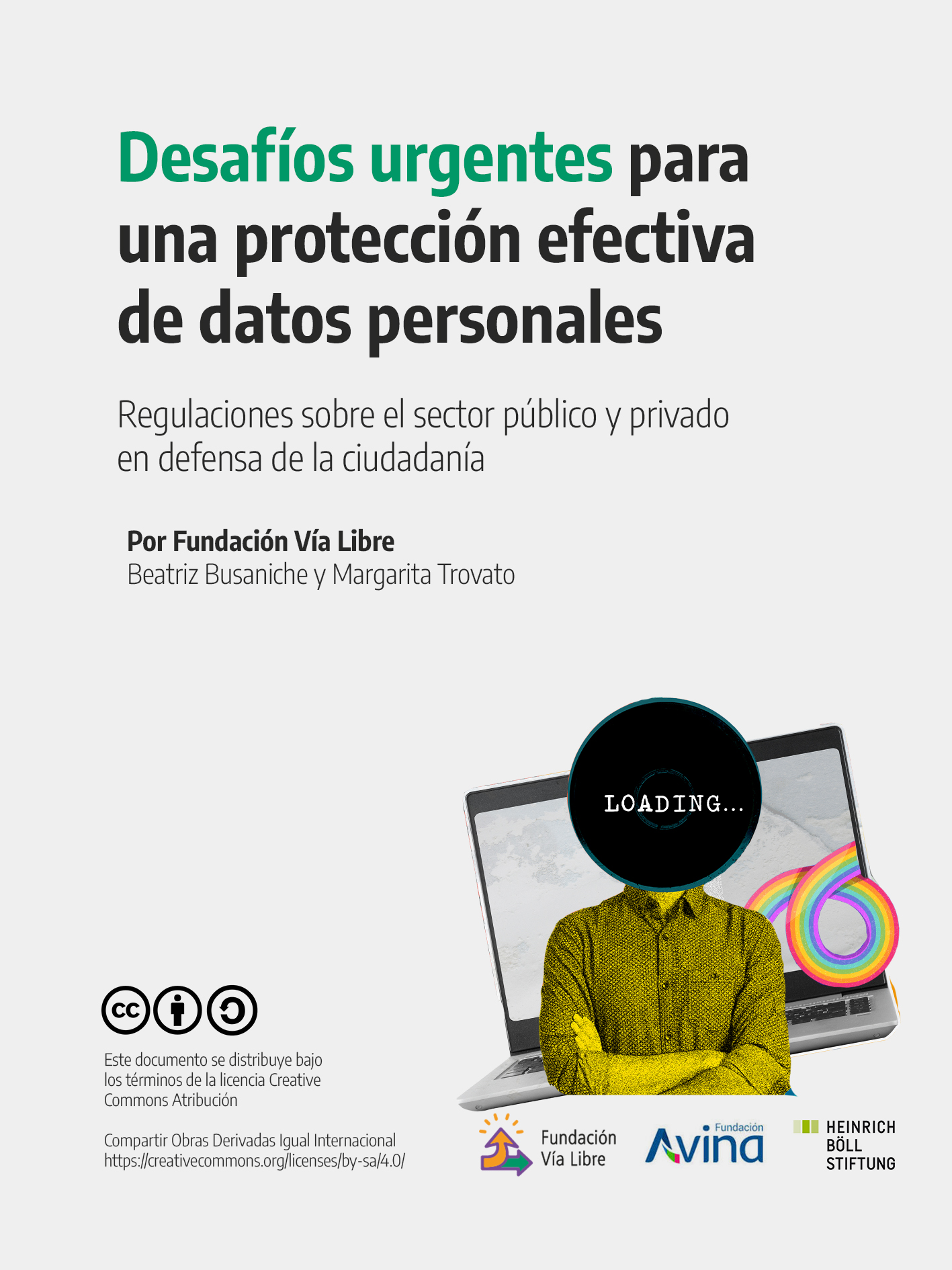
Urgent challenges for effective personal data protection
In the context of recent debates on updating personal data protection legislation in Argentina, Fundación Vía Libre considers at least two issues to be priorities. These relate to the actions and business model of the private sector, as well as the responsibility and actions of the public sector. We give priority to these two issues in this article.
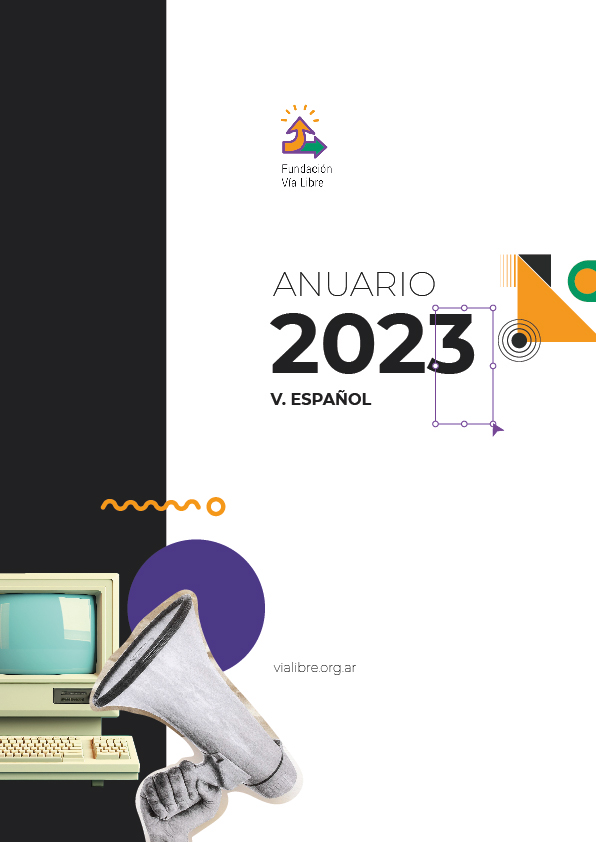
Yearbook 2023
We share the summary of the activities of Foundation Vía Libre
during the year 2023.
